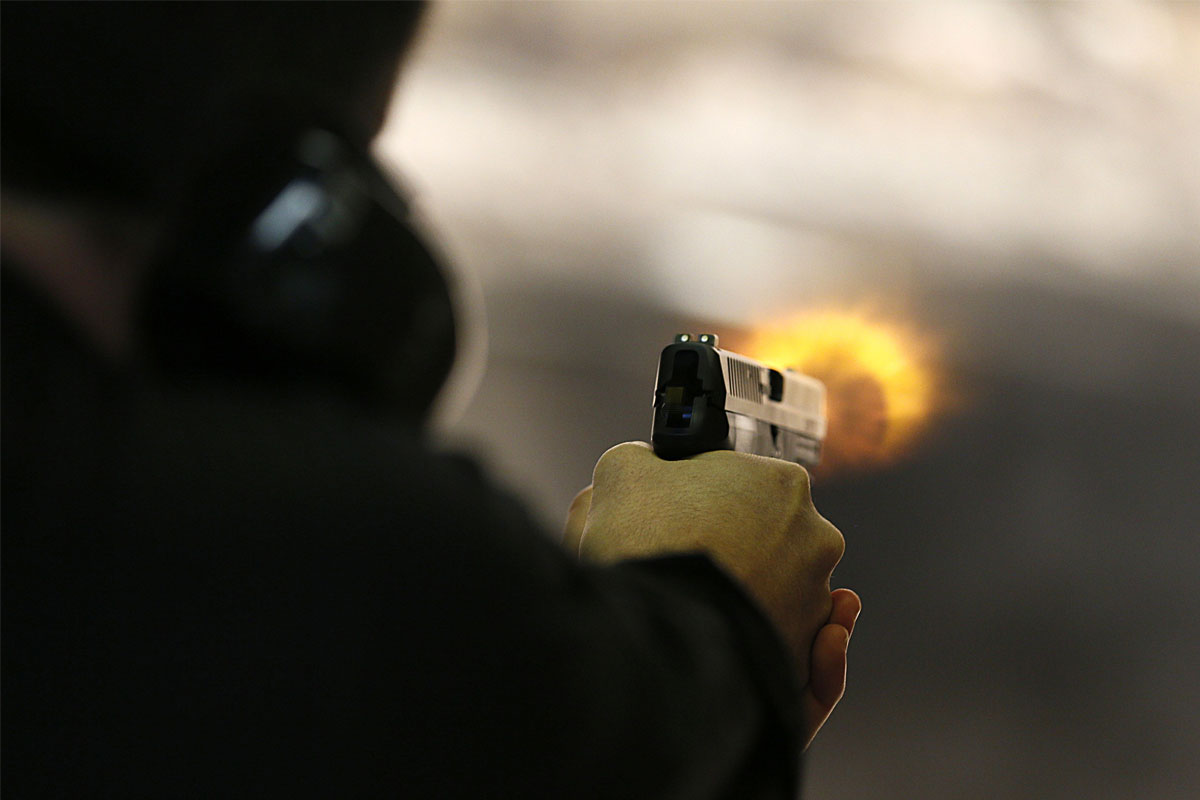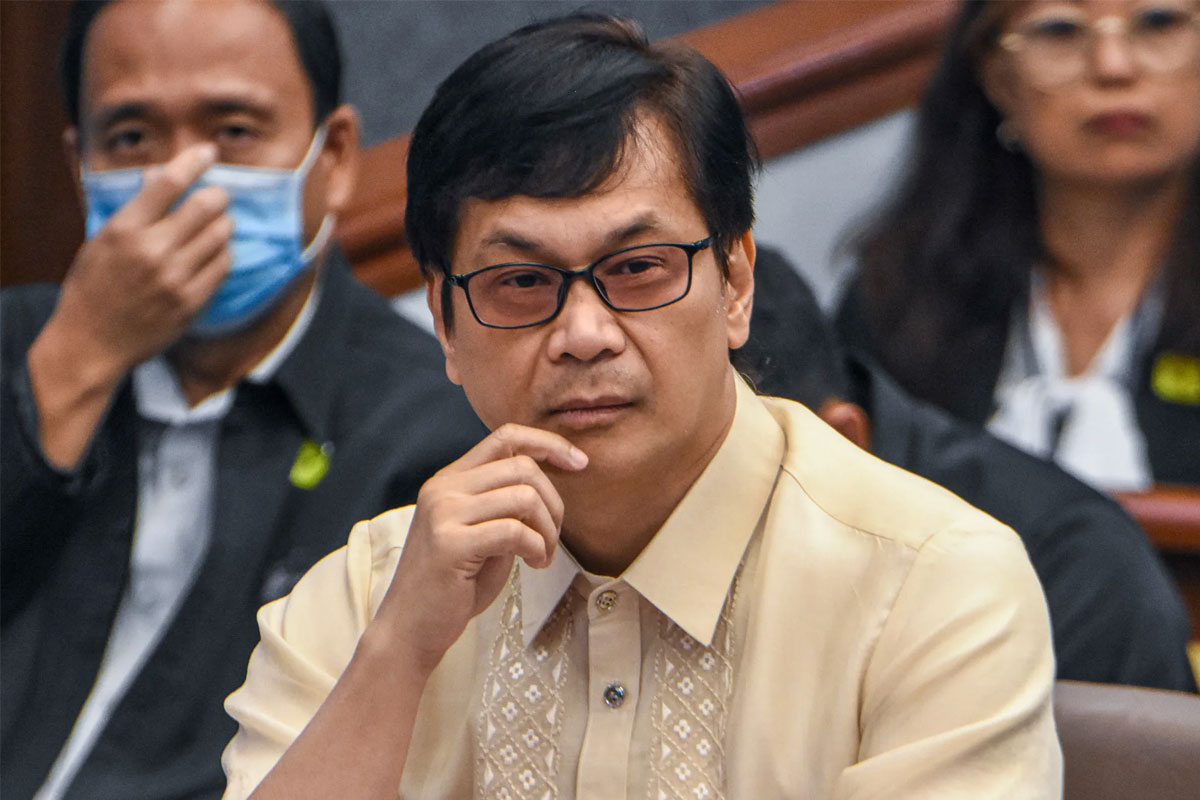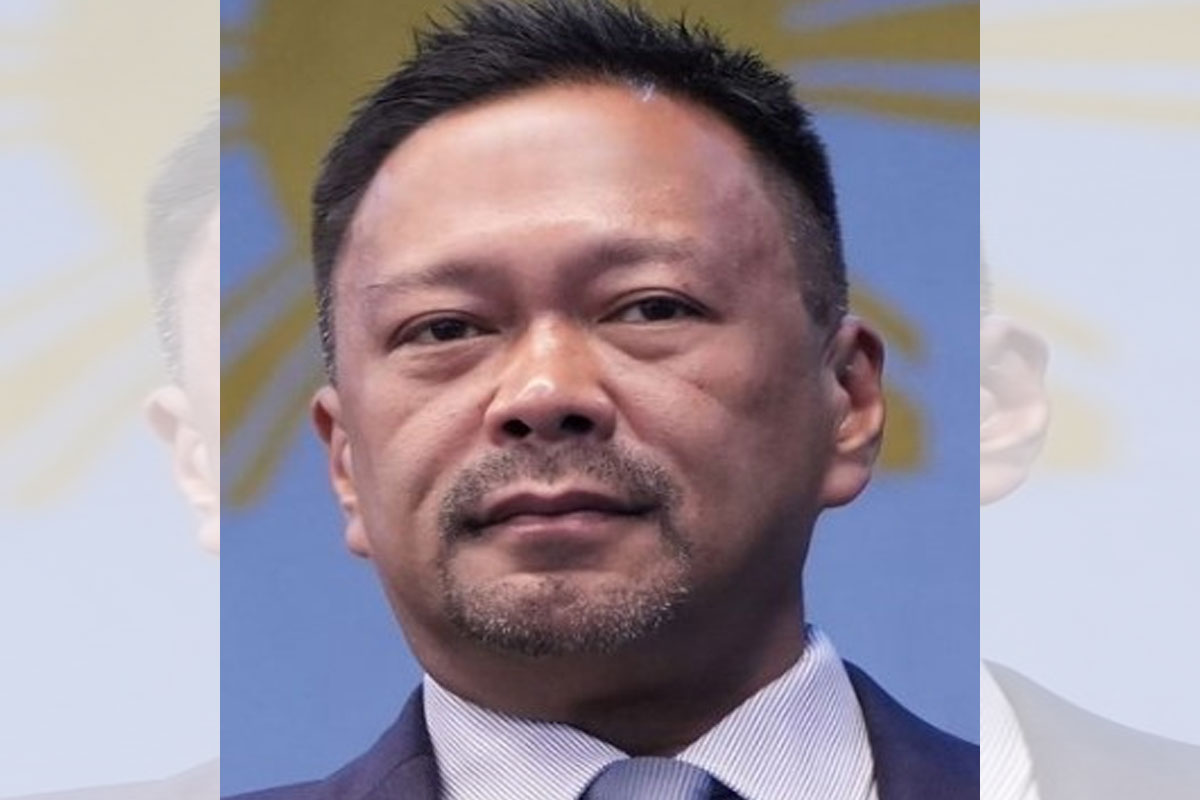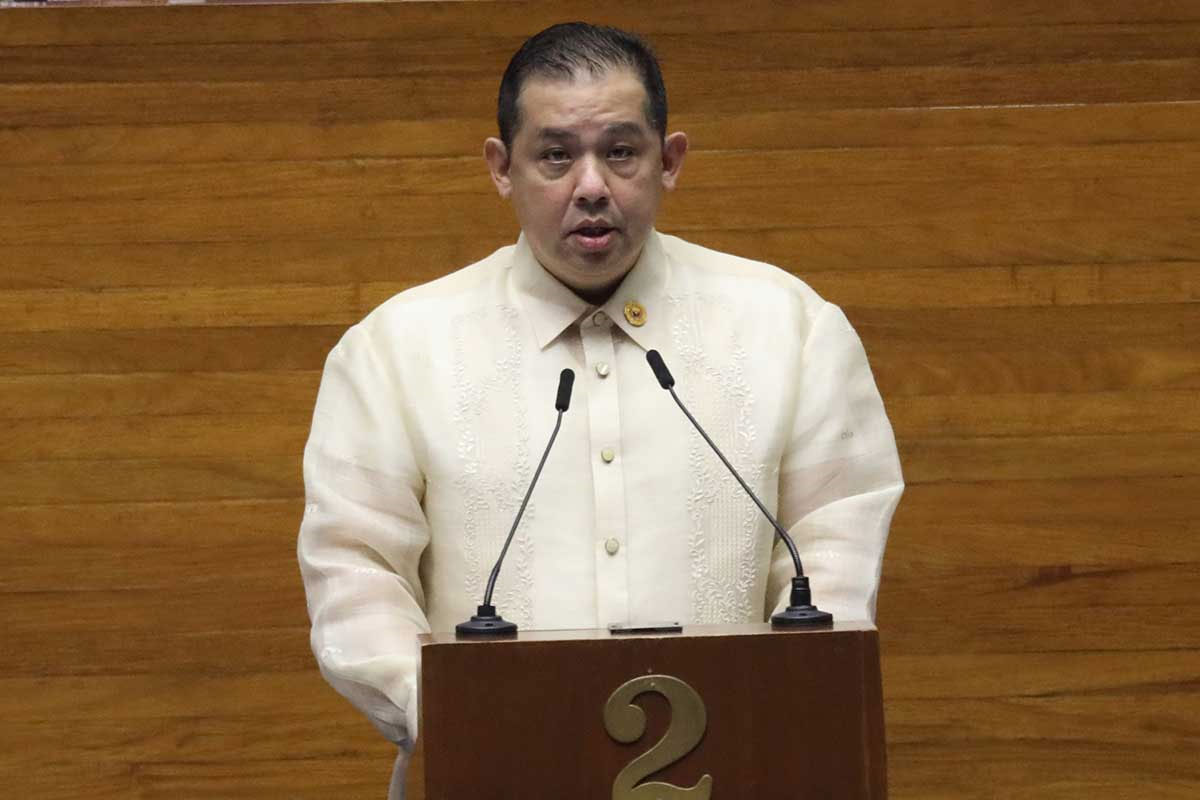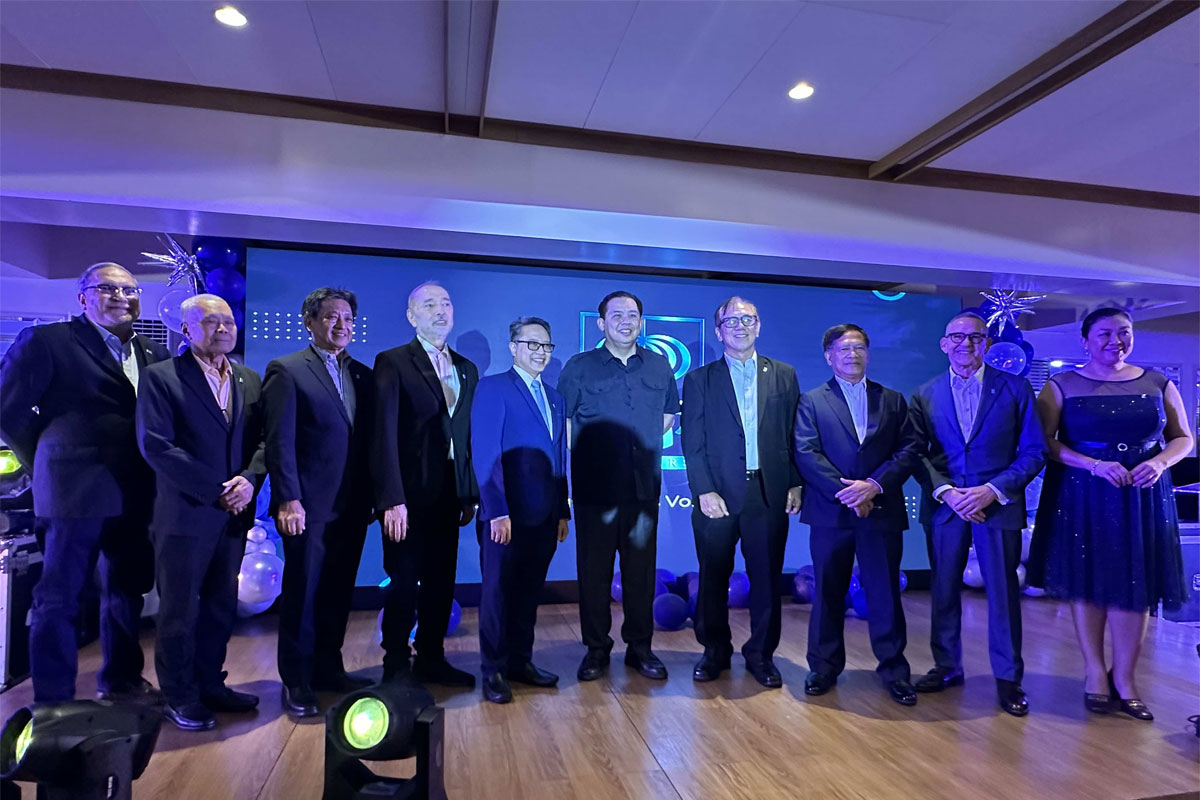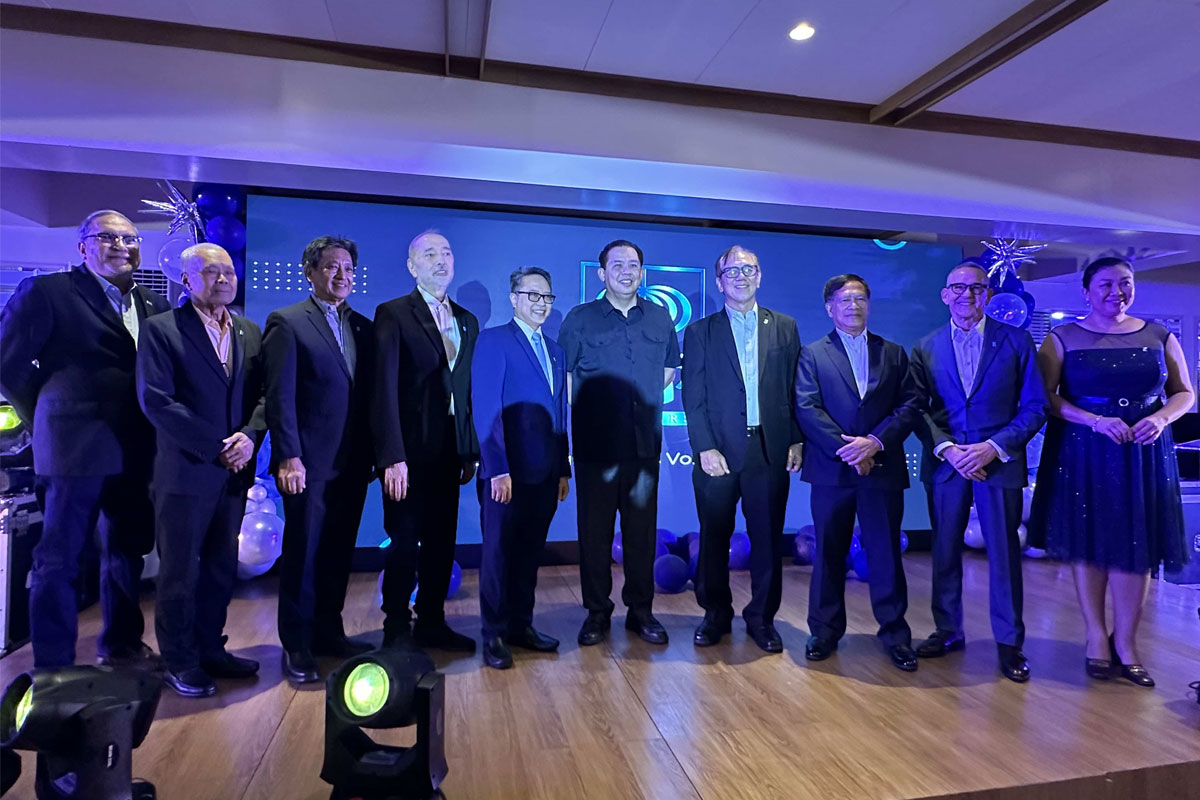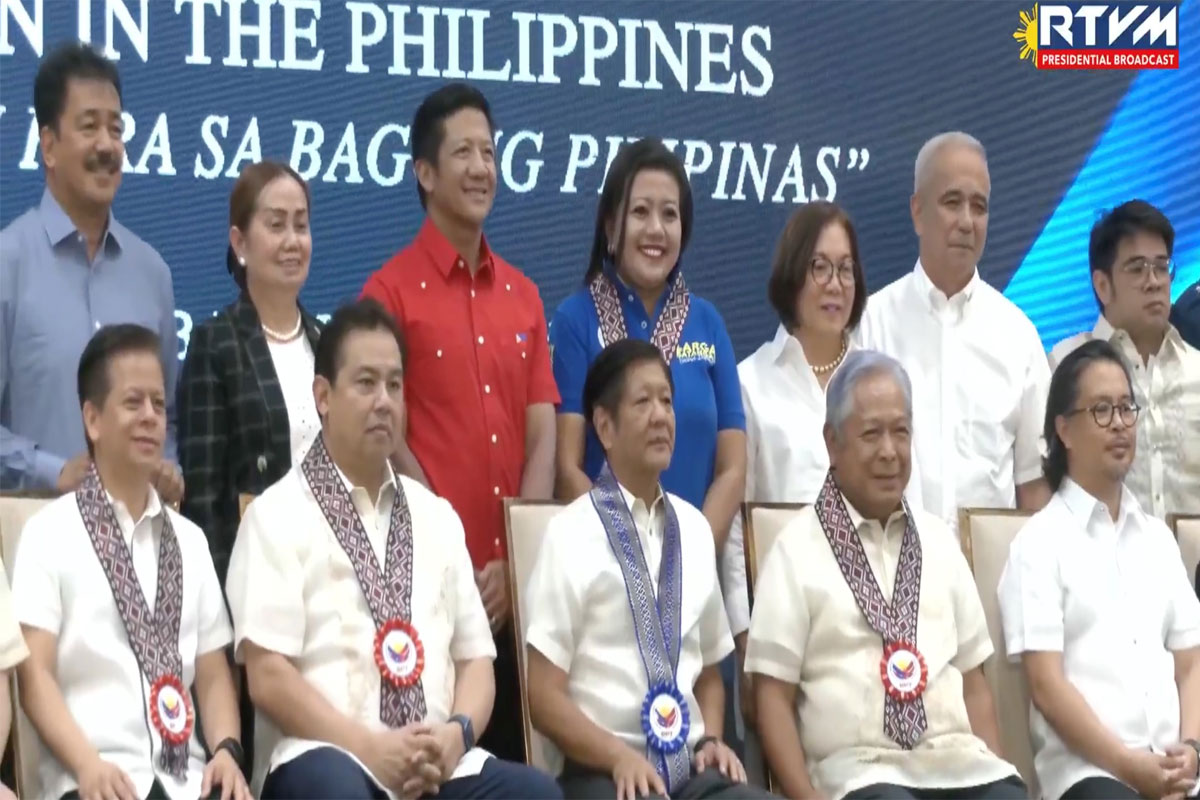
Solon pushes bill protecting right to practice one’s religion
CAMARINES Sur Rep. LRay Villafuerte has appealed to the Senate to pass soon enough its version of a measure recently approved by the House of Representatives that guarantees the right of every person to practice his or her religion in the Philippines and to be protected against any form of hate or discrimination in school or the workplace.
“The swift congressional passage of this proposed Magna Carta and its subsequent enactment into law will put flesh into our fundamental right, as guaranteed in Section 5, Article III of the 1987 Constitution, to freely choose, exercise and propagate any religion with its attending beliefs and practices, and to act and live according to one’s conscience without undue interference from the government or from any individual, juridical person or organization,” Villafuerte said.
Villafuerte, who is president of the National Unity Party (NUP), said that to guarantee such religious freedom, the State—as mandated in the House-approved Magna Carta—must “ensure that no act of the government or any of its agencies, instrumentalities, officers or employees shall burden, curtail, impinge or encroach on the person’s right to exercise one’s religious belief, freedom and liberty of conscience.”
In addition, he said, the proposed Magna Carta further requires the government to prohibit any act by a natural or juridical person or by any group of persons or organization that “burdens, curtails, impinges or encroaches on this constitutional right to religious freedom.”
Villafuerte made this appeal to senators following the bigger chamber’s recent approval on third and final reading of the substitute measure—House Bill (HB) 6492—on this proposed “Magna Carta on Religious Freedom Act.”
A counterpart measure—Senate Bill (SB) 1043—was introduced in the Senate last August 2022, and was eventually referred to the committees on justice and human rights and on cultural communities and muslim affairs.
HB 6492 was among the bills that the House passed as soon as the 19th Congress reopened last January 23 following its month-long yearend break.
Approved by a vote of 256-1 with three abstentions, HB 6492 was endorsed for plenary approval by the House committee on human rights—chaired by Manila Rep. Bienvenido Abante Jr.—under Committee Report No. 200 as the substitute to HB 278, which was authored by Villafuerte with three other CamSur representatives; and HB 2213, which was introduced by CIBAC Rep. Eduardo Villanueva.
The NUP president authored HB 278 with Camarines Sur Reps. Miguel Luis Villafuerte and Tsuyoshi Anthony Horibata and Bicol Saro Rep. Nicolas Enciso VIII.
The other authors of the House-passed substitute bill were Abante, Majority Leader Manuel Jose Dalipe of Zamboanga City; and Reps. Noel Rivera (Tarlac), Gabriel Bordado Jr. (CamSur) and Bai Dimple Mastura (Maguindanao & Cotabato City).
The proposed Magna Carta does not apply to the act of the government in enacting laws in the exercise of its police power, states the House-passed substitute bill.
HB 6492 mandates the State to promote the right of any religious group to manage its own affairs independent from political influence or control, subject to existing laws, rules and regulations, and the provided under this Act.
It also requires the State to protect and promote the right of any person to equal opportunity and treatment, and to be protected against discrimination in employment on account of his or her religious affiliation or belief.
The State is likewise required by HB 6492 to protect and promote the right of a person against discrimination on the basis of one’s religion, religious belief, religious group or moral sense or conviction in any educational institution—provided that such an institution founded on religious beliefs or tenets is entitled to observe and oblige standards or codes of behavior pursuant to its religious beliefs and disciplines.
HB 6492 upholds the right of business people and founders or operators of business outfits to establish the companies, offices, or operations, according to certain tenets of religious beliefs—provided that such are contained in writing and shall form part of the company’s vision and mission statements, in which case, such company or outfit shall be accorded the guarantees provided for under this Act.
The Secretary of the Department of Justice (DOJ) is required under HB 6492 to establish, maintain and publicize a toll-free number to provide timely and accurate information and respond to queries regarding the rights protected under this Act.
HB 6492 explicitly protects the following 12 rights:
· Right to Choose a Religion or Religious Group;
· Right to Exercise or Express Religious Belief, Practices, Acts or Activities;
· Right to Act in Accordance with Conscience;
· Right to Propagate Religious Beliefs;
· Right to Disseminate Religious Publications;
· Right to Religious Worship and Ceremonies;
· Right to Organizational Independence;
· Right Against Discrimination in Employment;
· Right to Freedom Against Discrimination in Educational Institutions;
· Right of Companies or Businesses to be Founded on Religious Belief;
· Right of Parents or Legal Guardians to Rear Children; and
· Right to Tax Exemption.
This proposed Magna Carta mandates the State to protect and promote the right of a person to freely choose one’s religion, belief or religious group; and “to promote every person’s right to freely profess, exercise, manifest or express religious belief, practices, acts or activities, either individually or in community with others and in public or private, without fear of discrimination subject to exceptions provided for under this Act.”
The State shall similarly protect and promote, according to the bill, “the right of a person to act, without any form of coercion, in accordance with one’s conscience: Provided, That the act does not inflict physical or material harm to any person, does not infringe on the religious freedom of others or is not contrary to morals, and laws on health, property, public order and safety.”
However, this proposed Act provides an exception, as its Sec. 6 states that this right can be “denied, regulated, burdened, or curtailed” if it can be demonstrated that:
· The free exercise of religious freedom or conscience of a religious group or individual results to violence; and
· It is necessary to protect public safety, public order, health, property and good morals.
‘Further, the State shall ensure that in burdening, regulating, or curtailing religious freedom or freedom of conscience in the circumstances above-mentioned, the State shall adopt the least restrictive means,” the bill states.
It adds that the State shall likewise “ensure that the measures taken do not become a basis, reason, or excuse for the defamation, discrimination, or infliction of physical harm, hostility, violence, war, or dissemination of propaganda or advocacy against any such person or group of persons whose expression of religious freedom or conscience is subject of burden, regulation, or curtailment …”
The bill mandates the State to protect and promote the right of every person to: (1) propagate his or her religious belief without any form of coercion, subject to the exceptions provided for under this Act; and (2) disseminate religious information or publication, in whatever form, kind or nature and through any platform such as broadcast, print, social media or other online platforms, also subject to the exceptions provided for under this measure.
Moreover, it directs the State to protect and promote the right to: (3) religious worship and ceremonies, including that of indigenous cultural communities and indigenous peoples; (4) be free from interruption, disturbance, violence, and threats thereto; and (5) manage its own affairs independent from political influence or control, subject to existing laws, rules and regulations.
The bill makes it unlawful for any person, natural or juridical to compel a person, by means of force, threat, intimidation or undue influence to choose or not to choose a particular religious group, or to subscribe to a particular religious belief; or threaten a person with harm or exert undue influence or pressure to prevent such person from changing one’s religion or belief.
For the bill, “Religion” refers to any “particular system of belief, faith, or “paniniwala” concerning God or Higher Authority, whether personal or otherwise, or a transcendent or divine deity or deities, as well as the recognition, worship, obedience, or submission to said God or Higher Authority, either by a fixed dogma, creed, set of doctrines or belief, or code of conduct or lifestyle, or by an individual’s sense of appropriate or proper behavior, code, or lifestyle in relation to that God or Higher Authority.”
“Religious Freedom” refers, meanwhile, to the “freedom to change, adopt, or retain one’s religion or belief; or from coercion that would impair one’s freedom to have or adopt a religion or belief of one’s choice, and to manifest one’s religion or belief in worship, observance, practice and teaching, in public or private, either individually or in community with others.”
The bill defines “conscience” as a person’s sense or conviction of right or wrong whether or not such sense or conviction comes from a well-defined religious belief; and “discrimination” as any distinction, exclusion, restriction or preference on the basis of a person’s religion or conscience and which has the purpose or effect of burdening, curtailing, impinging or encroaching on the person’s right to freedom of exercise of religion and liberality of conscience.



